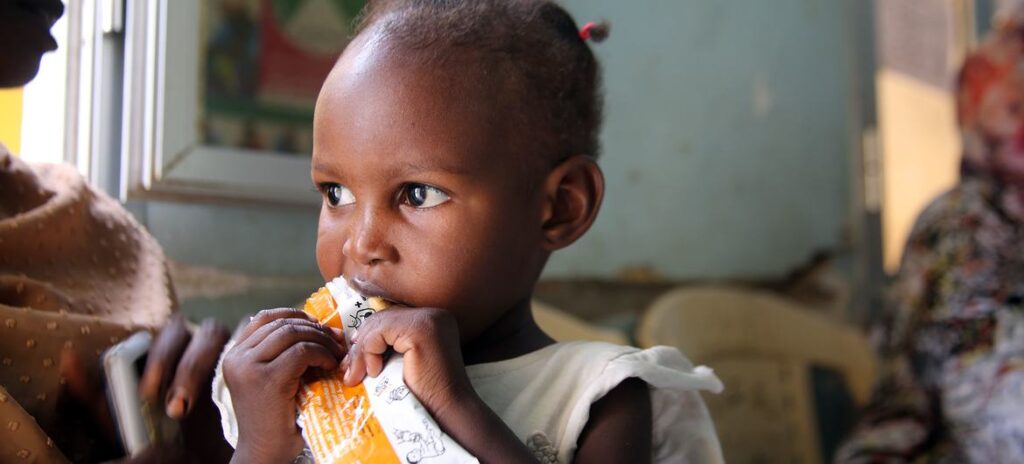The World Food Programme (WFP) aims to reach 7 million of Sudan’s nearly 25 million people facing acute hunger on a monthly basis by mid-year.
Samantha Chattaraj, WFP’s Emergency Coordinator for Sudan, disclosed this during a Friday press briefing at the Palais des Nations in Geneva.
Describing the Sudan operation as one of the most complex and challenging humanitarian crises, Chattaraj reported that WFP had recently made significant access breakthroughs, reaching populations largely cut off from aid.
“In March, WFP reached 4 million people across Sudan—the highest monthly figure since the conflict began in April 2023 and nearly four times the number assisted monthly at the same time last year,” she said. “This includes 1.6 million people in areas classified as experiencing famine or at risk of famine—meaning in the last month, we’ve supported four out of five people suffering from extreme hunger across all 27 affected localities.”
However, she stressed that this figure represents only a fraction of the need, as nearly 25 million people—half of Sudan’s population—face acute hunger.
“Nearly 5 million children and breastfeeding mothers are acutely malnourished. Sudan is also the only place in the world where famine has been officially confirmed,” she added.
Chattaraj, who had recently returned from a mission to Khartoum, said WFP met with local authorities to scale up emergency food and nutrition assistance to 1 million people across greater Khartoum in the coming month. She expressed deep concern over the devastation she witnessed.
“Vast parts of the city are destroyed. Hunger and desperation are at alarming levels—yet people remain hopeful. Many may try to return home in the coming months, but their basic needs, including food, must be met,” she emphasized.
Meanwhile, WFP has begun food distributions for 100,000 people in Jabal Awlia, south of Khartoum—an area at high risk of famine. This marks the agency’s first aid deliveries to the region since December 2023.
Additional aid shipments are reportedly en route to greater Khartoum in the coming weeks as WFP works to strengthen its operational presence, ensuring regular deliveries to the capital.
In another critical development, Chattaraj disclosed that WFP delivered 800 metric tonnes of food aid to famine-stricken areas in the Western Nuba Mountains, supporting 64,000 people. These were the first in-kind food deliveries since the conflict began two years ago.
Additionally, trucks carrying 1,600 metric tonnes of WFP food and nutrition supplies—enough for 220,000 people—have started arriving in Tawila, North Darfur, where 180,000 displaced people from El Fasher and Zamzam camp sought refuge in the past week alone.
Chattaraj stressed the urgency of pre-positioning aid near vulnerable populations before the rainy season begins in a few weeks. “Once the rains start, large trucks will struggle to reach those in need,” she warned.




